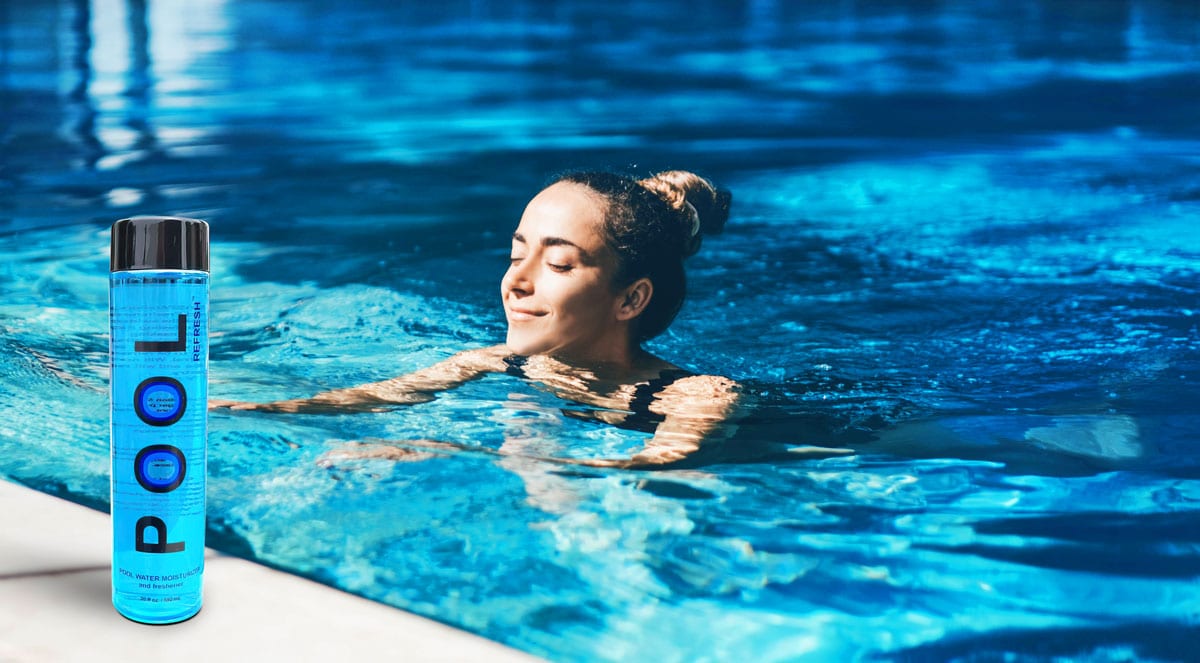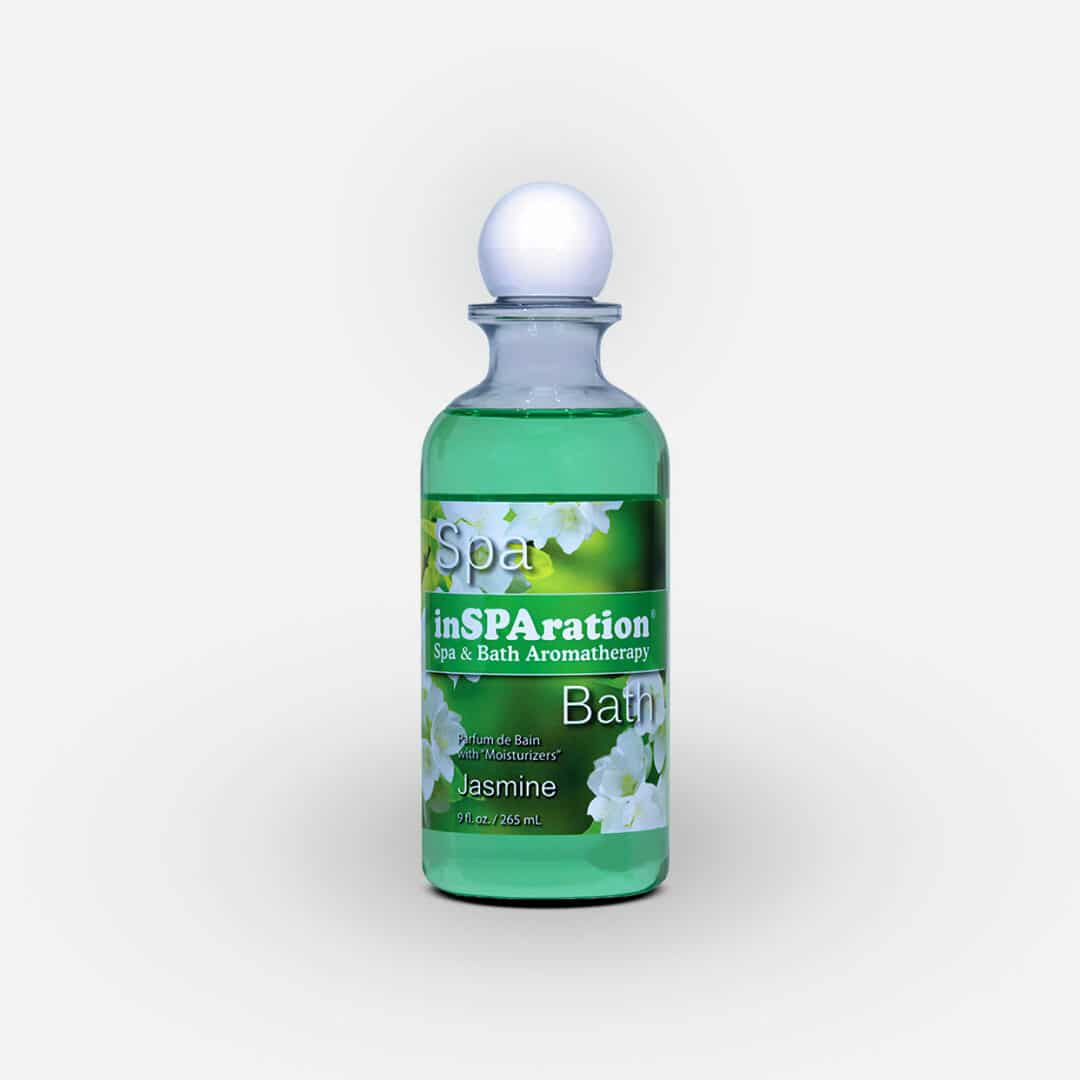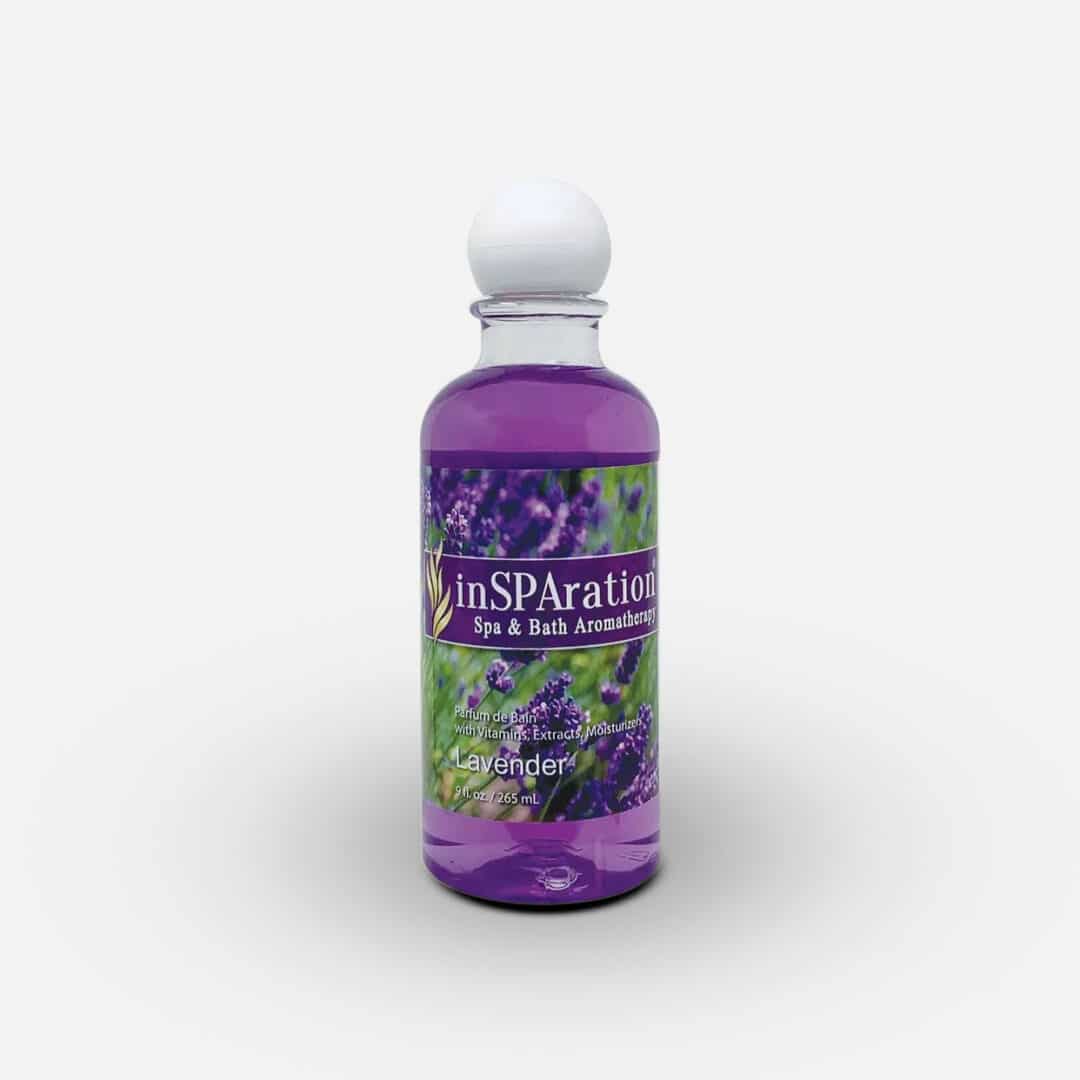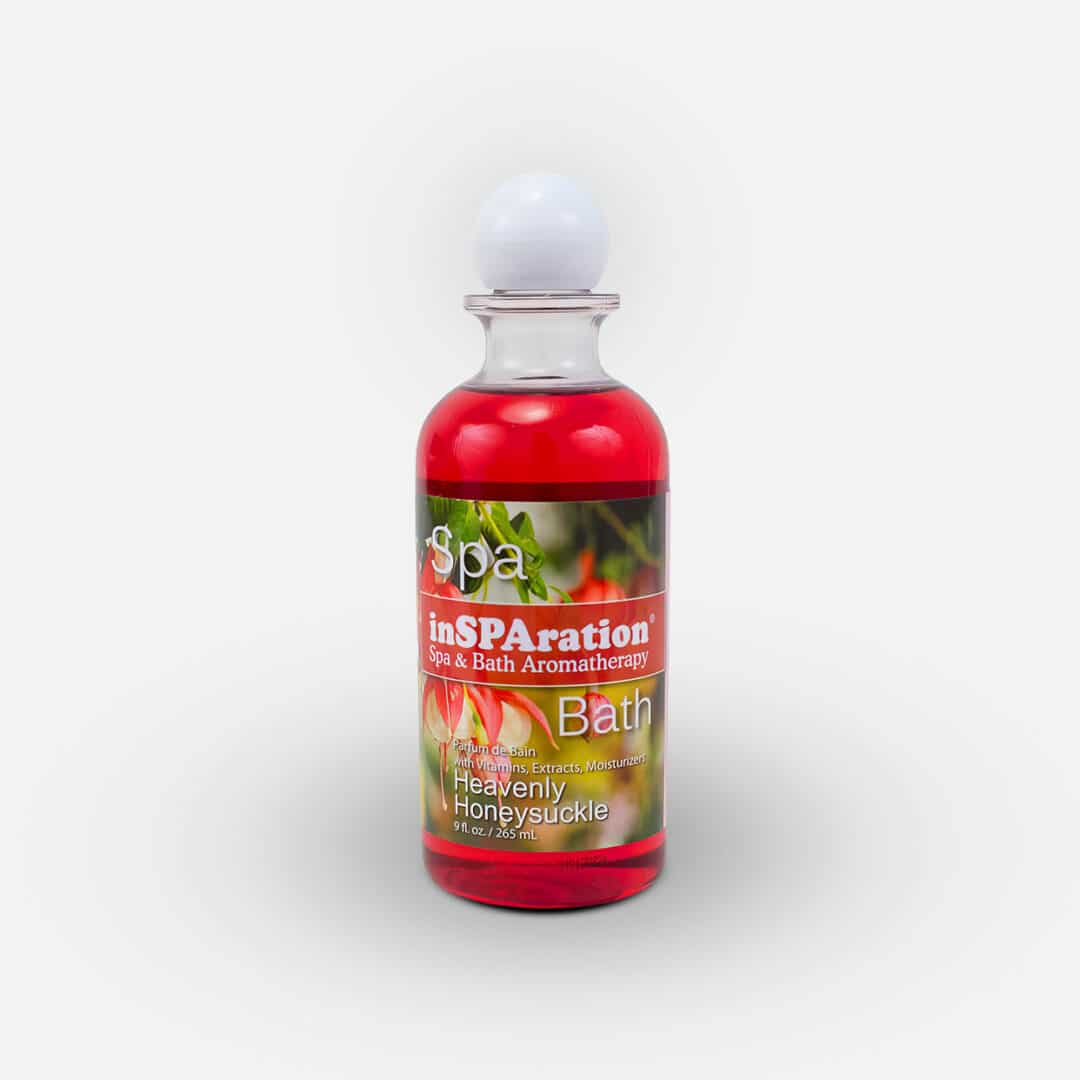Owning a pool is a luxury, but sometimes, an unexpected and unpleasant pool odor can compromise the experience. While some assume this smell is a sign of excessive chlorine, it often indicates contaminants in the water. Thankfully, there are actionable steps every pool owner can take to ensure their pool remains fresh, inviting, and odor-free.
1. Understanding the Root Cause of Pool Odor
To combat pool odor effectively, one must first understand its origin. Contrary to popular belief, a strong chlorine smell isn’t the result of too much chlorine but a high concentration of chloramines. These compounds form when chlorine reacts with organic materials like sweat, urine, and body oils.
Recommendation:
Consistently test your pool water to check chloramine levels. Elevated levels are a red flag for the presence of contaminants.
2. Optimal Chlorine Levels for Odor Control
Maintaining the correct chlorine levels is pivotal in odor control. Not only does it kill bacteria and other pathogens, but it also breaks down chloramines responsible for the undesirable smell.
Recommendation:
Keep the free chlorine concentration between 1-3 ppm for optimal performance. Utilize pool test strips or a testing kit for accurate readings.
3. Regular Shock Treatment
A shock treatment, or superchlorination, involves adding a large dose of chlorine (or non-chlorine shock) to destroy organic contaminants. This process helps reduce chloramine formation, leading to less pool odor.
Recommendation:
Perform shock treatments weekly or after heavy pool usage, such as after a pool party.
4. Comprehensive Filtration Systems
A robust filtration system is the backbone of a clean, odor-free pool. It removes both large debris and microscopic contaminants, preventing the formation of chloramines.
Recommendation:
Opt for high-quality, cartridge, sand, or diatomaceous earth (DE) filters, ensuring regular cleaning and maintenance.
5. Proper Water Balance
Water balance is crucial for both pool health and odor control. A balanced pool will have a pH level between 7.4-7.6, which is mildly alkaline. This range ensures maximum chlorine efficiency and minimizes the formation of chloramines.
Recommendation:
Regularly test your pool’s pH, total alkalinity, and calcium hardness levels. Use the appropriate chemicals to adjust and maintain balance.
In conclusion, a refreshing and odor-free pool is within every pool owner’s grasp. By understanding the science behind pool odors and rigorously maintaining water balance, chlorine levels, and filtration systems, one can ensure a pleasant swimming environment for all. Consistent effort and attention to detail will lead to an inviting, fresh, and rejuvenating pool experience.



